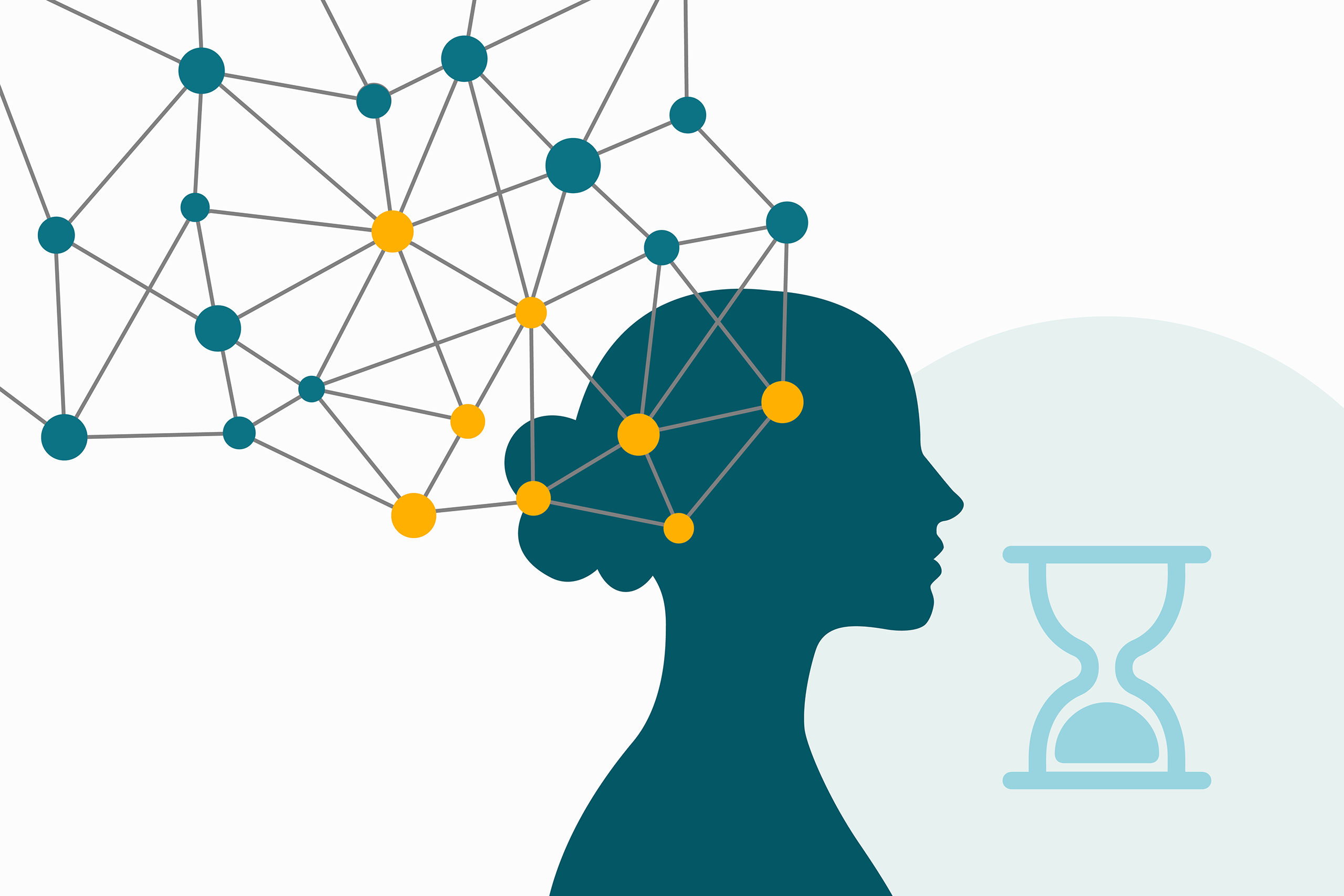Interview with:
Abigail Downer
Proposition Delivery Manager
Neurodiversity assessment service
Acacium Group, global healthcare delivery partner

The general awareness of what neurodiversity is has increased astronomically over the last few years. “People’s awareness, for symptoms and why medication or education based treatment may help, has also increased, which makes people more open to receiving support”, says Abbie Downer, Proposition Delivery Manager at Acacium Group.
This is due, in large part, to social media. “Our role models and heroes are talking about their challenges with neurodiversity which creates a safe and accepting space”, Abbie says. “The latest celeb I heard in the news talk about their personal journey with neurodivergence was England Lioness, Lucy Bronze. She was diagnosed with ADHD and autism in 2021, and knowing that makes others feel more comfortable about getting assessed and diagnosed.”
Lucy Bronze has achieved a lot in the last 4 years and she now references her neurodivergence as her ‘superpower’. Abbie goes on, “to me, that would show her perception of herself, and her condition, has shifted and enables people to see how a diagnosis shouldn’t limit their abilities to do and achieve whatever they want to achieve.”
Acacium Group is a global healthcare delivery partner, offering assessment, diagnosis and support for people of all ages with neurodevelopmental conditions. At the forefront of proposition delivery and innovation within Acacium Group, Abbie ensures strategic alignment and operational excellence, navigating the complexities of healthcare technology.
Social awareness and perception could improve further
Although awareness and acceptance of neurodivergence has improved, it still isn’t where it needs to be. Abbie has been creating a neurodiversity assessment service at Acacium Group and, throughout this journey, has been sharing her experience with friends and family. Abbie explains that she is still often met with the response: ‘is it really necessary to be diagnosed, do you think people just want a label these days?’.
“My thoughts on this are that it’s completely down to individual choice” Abbie says. “I think some people like to have a reason ‘why’. Why do I do, or behave, or process things in a different way to my partner or my friend?” she queries.
“Although awareness and acceptance of neurodivergence has improved, it still isn’t where it needs to be.”
“Understanding yourself feels empowering, grounding and freeing. This doesn’t necessarily mean the individual might want treatment or further intervention, but it should be completely acceptable if they do,” she concludes.
As awareness increases, so does demand for support
The waitlist challenge is the biggest faced by services in the UK, and is only going to increase. “We quite simply do not have enough services, NHS or private, to cater for the volume of people that need to be assessed,” Abbie confirms. “Alongside this, not all GPs have opted into shared care, post-diagnosis.”
This could mean that after successfully finding the right medication, private organisations that have completed your assessment and initial treatment, to aid the NHS in reducing waitlists, cannot refer you back to your GP to keep your medication going.
Abbie explains that this is ultimately down to unmanageable costs and strain on GPs and the fact that the current system doesn’t make it easy for people to receive continued care.
Services need to embrace technology to meet demand and ensure clinical safety
“Coming from someone who works in the technology space, I don’t think a purely digital service is always right” Abbie begins. “Offering non-digital channels is also extremely important because it isn’t everyone’s first choice”.
Abbie goes on to acknowledge that technology has countless benefits. Tech plays a huge role in supporting services to increase capacity, reduce admin burden, ensure accessibility, reduce discrimination and provide greater personalised support.
“Services can become more inclusive, cater for greater diversity and reduce discrimination.”
“It’s so much easier to change languages or enlarge font size, or make elements work with screen readers,” she explains. “This means services can become more inclusive, cater for greater diversity and reduce discrimination. To me this is huge!”.
But more than that, tech can be accessed 24/7, where phone lines may only be open on certain days and hours, meaning you can access a far greater pool of people. Digital tools allow you to book appointments at your own convenience, access sessions remotely and retain information in a secure, easily accessible place.
“A digital service can feel like the service really knows me,” Abbie insists. “Services with a patient administration system have my details on hand, know my name and allow me to validate and confirm information easily.”
She goes on to query, “how many times have we gone to our local hospital or GP and they ask a set of questions, then we are passed to someone else and they ask the same thing? Tech has the ability to join up care far more seamlessly and to me that feels so much more personal.”
“Without a patient administration system, our service quite simply could not run and we would be open to so many risks by using a more paper-based system.”
“We have recently secured several neurodiversity assessment contracts, including one in the Right to Choose space” Abbie says. “In these contracts, we triage, assess, diagnose, and offer treatment for people with ADHD and/or autism.”
Abbie outlines that Acacium Group has chosen to use iaptus as their patient administration system, forming the core component of their service. “It securely holds all patient data, connects to the NHS spine, communicates with both the referral, referrer and GP and so much more. Without a patient administration system, our service quite simply could not run and we would be open to so many risks by using a more paper-based system,” she concludes.
*Clause: for the purpose of these articles we will be using the term ‘neurodiversity assessment service’ which encompasses services within the NHS, voluntary, private, and public health settings supporting provision of assessment and diagnosis for neurodevelopmental conditions such as autism and ADHD.
If you would would like to contribute to our thought leadership series, please get in touch.
PR contact:
Louisa Clark
hi@mayden.co.uk


